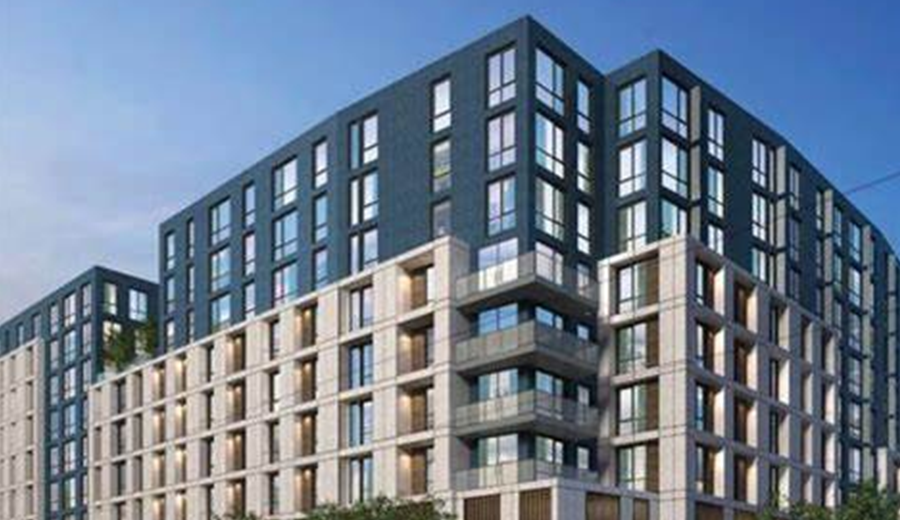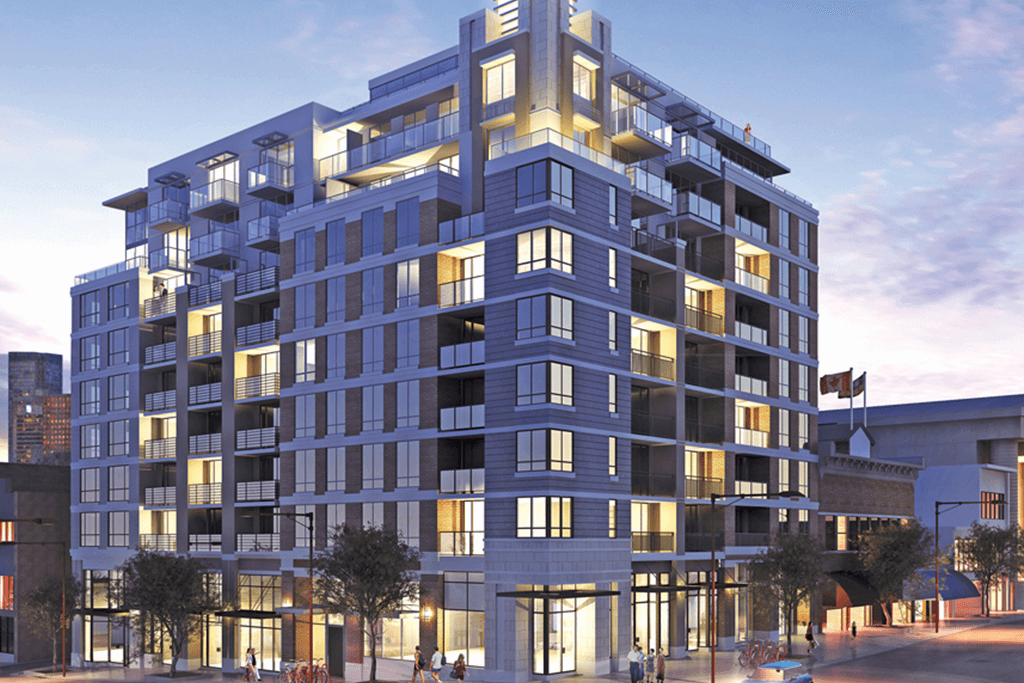Condo insurance meaning
Condo insurance, also known as condominium insurance, is a type of insurance that provides coverage for the interior of a condominium unit and personal belongings in case of damage or loss due to covered events such as fire, theft, or weather-related incidents. Depending on the condo insurance opted for, it can also offer liability coverage to those who acquire an injury on the insured property. Condo insurance policies may vary depending on the insurer and the coverage selected by the policyholder.

Types of condo insurance
The types of condo insurance available may vary depending on the insurance provider, but generally, there are three types of condo insurance policies. They are:
“All-in” or “All-inclusive” policy
An “All-in” or “All-inclusive” condo insurance policy is a type of insurance coverage that provides protection for both the interior of a condominium unit and the fixtures and improvements made by the unit owner. It is often referred to as “walls-in” coverage because it typically covers everything within the walls of the condo unit, including flooring, cabinetry, and fixtures.
This type of policy is usually more comprehensive than other condo insurance policies because it provides coverage for a wider range of risks, such as theft, fire, and water damage. It also typically covers the cost of repairing or replacing the unit owner’s personal property, such as furniture, electronics, and clothing.
An “All-in” policy may also provide liability coverage in case someone is injured in the unit, or if the unit owner accidentally causes damage to another unit or common areas of the building. Some policies may also include additional coverage for specific risks, such as earthquake or flood damage, depending on the location and level of risk in the area.
Overall, an “All-in” or “All-inclusive” condo insurance policy provides comprehensive coverage that can offer peace of mind and protection for condo owners, giving them the security and financial support they need in the event of unexpected events.
“Bare walls-in” policy
A “Bare walls-in” condo insurance policy is a type of insurance coverage that provides protection for the physical structure of a condominium building, including the walls, roof, and floors, but does not cover the interior of the unit or the unit owner’s personal property.
This type of policy is typically less expensive than other types of condo insurance policies because it provides more limited coverage. In most cases, it is the responsibility of the individual unit owner to obtain insurance coverage for the interior of their unit and their personal belongings.
Under a “Bare walls-in” policy, the condo association’s master policy typically covers the exterior of the building, as well as common areas such as hallways, elevators, and the lobby. The individual unit owner is responsible for obtaining insurance coverage for any improvements they have made to the unit, such as upgraded appliances, countertops, and flooring.
It is important for condo owners to carefully review their condo association’s bylaws and master insurance policy to understand what is covered under the “Bare walls-in” policy and what additional insurance coverage they may need to obtain. Some condo associations may require unit owners to carry a certain level of insurance coverage, while others may offer optional coverage for specific risks, such as flood or earthquake damage.
“Modified coverage” policy
A Modified Coverage condo insurance policy is a type of insurance coverage that provides protection for the interior of a condominium unit, as well as specific improvements made by the unit owner. This type of policy is often used in situations where the condo association’s master policy covers the exterior of the building and common areas, but does not provide coverage for the interior of individual units.
Under a Modified Coverage policy, the insurance company typically covers any improvements or upgrades made by the unit owner, such as new cabinetry, countertops, or flooring. However, the policy may not cover the cost of repairing or replacing these improvements in the event of a covered loss, unless the unit owner has purchased additional coverage.
A Modified Coverage policy may also provide liability coverage in case someone is injured in the unit, or if the unit owner accidentally causes damage to another unit or common areas of the building.
It is important for condo owners to carefully review their condo association’s bylaws and master insurance policy to understand what is covered under the Modified Coverage policy and what additional insurance coverage they may need to obtain. In some cases, it may be necessary to obtain additional coverage for risks such as flood or earthquake damage, depending on the location and level of risk in the area.
In addition to these policies, condo owners may also choose to add additional coverage for specific risks, such as flood insurance or earthquake insurance, depending on their location and the level of risk in the area.
Looking for the best condo insurance Los Angeles?
You may begin your search by searching for keywords condo insurance agents near me and sign up for a condo insurance policy that will work for you.

